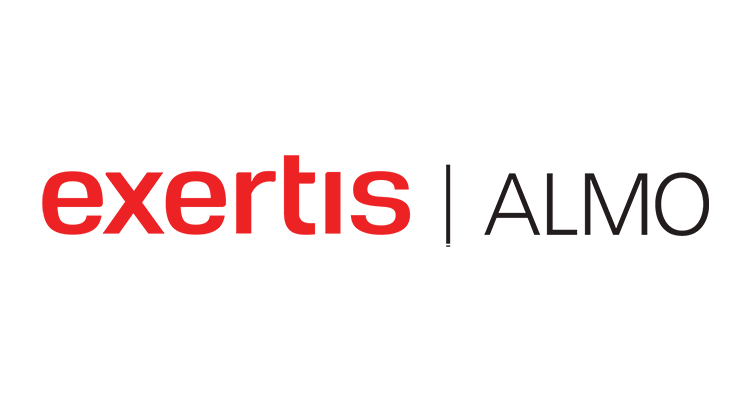An IT Degree in an AV World?

“A degree in computer science for AV support?” was a question posed in response to a LinkedIn job posting for an AV support engineer (I’m listing only the first five bullet points):
Minimum Requirements. The candidate for the position of AV support engineer must meet the following qualifications:
- Bachelor’s degree in a relevant field such as computer science, computer information systems, etc., or an equivalent combination of education, training and experience.
- Two years of experience in information technology or higher education.
- Ability to design, build and test AV solutions based on project specifications.
- Experience servicing and troubleshooting new and legacy AV equipment.
- Basic knowledge of network topology, equipment and capabilities in an AV systems environment.
Further down, the lead bullet point in the job description says:
- Delivers and supports complex integrated audiovisual and video teleconference (VTC) system services, and engineers a network of AV/IT assets and data across campus. Ensures proper integration and functionality of all sound, projection, and collaboration capabilities in general-use classrooms, auditoria, and workspaces. Inspects and tests equipment, installing, assembling, repairing and breaking down as needed.
I’m not seeing much that relates to a computer sciences degree in most of this. While a computer sciences degree should certainly help you with moving and controlling AV content and equipment across the network, it’s not going to tell you how to calculate an image size, calibrate a projector or use two-channel FFT software to tune that auditorium sound system. Heck, you won’t even be able to set gain structure or layout a distributed ceiling loudspeaker system.
But let’s set that aside for a moment.
We in AV, like other industries, have evolved as the available technology has evolved. Originally we moved signals using analog and then digital. We did a digital video using DVI, HDMI, various flavors of SDI and used HDBaseT for some of that. Now we’re moving signals over Ethernet and that’s where the relationship to IT comes in.
What hasn’t changed? The human. We’re still using the same eyes and ears we’ve always used and regardless of how a signal is transported, it still has to be seen clearly and heard intelligibly. That’s the part that I think IT is missing and I’m not certain our IT counterparts are aware of all that goes into the human equation of AV.
Physics hasn’t changed either. Neither has electricity. Or acoustics. Yet, while these also play a major role in AV, most of us in don’t have degrees in physics, electrical engineering or acoustics. We’ve had to learn almost everything we’ve learned by experience and the mentorship of those that have gone before us.
“How did you get into AV?” is a popular question usually followed by something akin to “By accident.”
“When I grow up, I want to be an AV designer” has never been uttered by any child in any country throughout the history of mankind. It hasn’t been uttered by our kids either with very few exceptions. That should tell us something. No one, not even our own offspring, has an understanding of what we do. That’s good if you have a job in intelligence but not so great if you’re in the business of communication.
While “AV is Everywhere,” there’s no Bachelor’s degree in audiovisual technology and no one outside of our little clique knows what makes it work. While we are a legitimate industry, no one else knows about it; it’s like we’re still seeking to be considered legitimate by others. Case in point: Register for a webinar and two questions that may come up are related to industry and job function and you don’t fit any of the options. It’s like you don’t exist.
So if I were King and decreed that there would be a Bachelor’s of AV, what would it look like? I would like to see acoustics, electronics, physics, audio, hearing, vision, light, RF, human factors/ergonomics, building and electrical codes, network transport and IT security for starters. Lab work would include terminations, creating designs, building and maintaining networks, site visits, test and measurement and system tuning and adjustment.
Why we haven’t, as an industry, been able to make our value known to other industries completely mystifies me. We have the knowledge, expertise and advice that architects, mechanical/electrical/structural engineers, interior designers, lighting designers and IT professionals need to make the audiovisual experience effective.
We’re great at marketing ourselves to ourselves but not so great at getting our message out to the rest of the world. We need to do more than just hang out a shingle — we need to start marketing our expertise to different circles other than our own.
If we want to be considered “different than IT,” we need to start doing some things differently. That’s an effort I can get behind.
For more information about the AV market and more specifically the AV-over-IP market, join the Almo Pro A/V webinar Aug. 25, 2021. The recording will be posted after the webinar is live.





